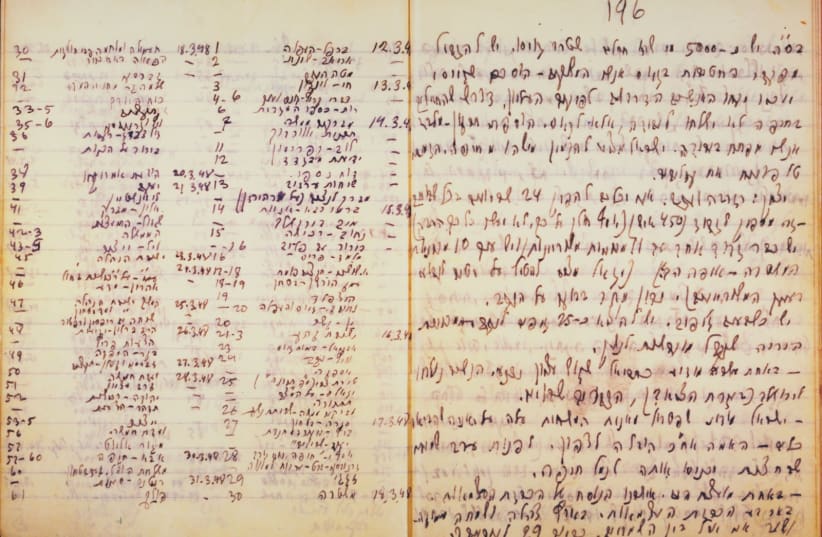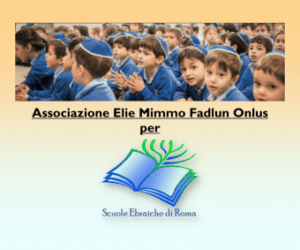
You have invited us. You have warmly welcomed us to your schools and to the halls of public institutions where we met with concerned, committed citizens. (As I am sure you understand, by ‘we’ I mean myself but also, of course, many other Jews of my generation who have accepted to give testimony as Holocaust survivors.)
Stunned, you have asked us, ‘Why on Earth did you not defend yourselves?’ Outraged, you have asked us, ‘How can this world have allowed such carnage?’ The inhabitants of neighboring countries knew, you would say. They were aware of the colossal industry of death at work just a stone’s throw from their doorsteps. They could have tried to sound the alarm!
Eminent scholars have shared in our efforts to convey hints of the story that cannot be told. In many cities, well-deserving mayors have organized trips to extermination camps for citizens like yourselves. Upon returning to their homes, many participants in those awareness-raising trips came back home appalled, distraught. Some of the younger ones had a hard time dealing with the emotional storm.
However, let me be very clear: it was never our intention to pour out our sorrow upon you—far from it. By sharing our experiences, all we wanted was to try and set in motion the kind of knowledge that, if you succeed, turns into awareness.
We in Italy have just commemorated October 16, 1943, the day when German invaders rounded up the Rome Jewish ghetto. Eighty years have passed since that Black Saturday, and now… How can it possibly have happened again? How can there have been another October like ‘that’ October? Another October day when the doors of Jewish homes were torn down violently again. When youngsters were slaughtered with the same targeted violence while partying, and so were babies in the warm bosom of their mothers, children playing with their toys, elderly people full of tormented wisdom. When women were again hunted down as preys.
We would never have believed it, yet the unspeakable has happened again. And what was the response of the public opinion, of many of those who ask us so often, ‘Why on Earth did you not defend yourselves?’ Well, now we did defend ourselves. But you have started, or started again, to hate us. You were appalled and horrified at the breaking news, but just for a moment: immediately after that, the ‘buts,’ the doubts have resurfaced, and the conclusion was arrived at that ‘it is really Israel’s fault for denying the rights of Palestinian people.’
‘Immediately after that,’ I have written. And not at random: I know full well that this distancing began long before the Jewish government launched its counter-attack on the Gaza Strip. War is always a terrible tragedy, and none of us—Jewish or not—can be spared horror and anguish when watching images of innocent civilians suffering and dying. But should the other side not feel and share the same anguish? How come Israelis—or Jews, as many say cursorily—are now the embodiment of all the world’s evil? How come the marauders of Oct. 7 were heard boasting over their mobile phones, ‘Hey Mom! I killed 30 Jews:’ Jews, not Israelis. On October 7 all ‘political’ justifications showed their true face, the hideous face of centuries-old anti-Semitic hatred.
But this was a small detail to which many in the public were unwilling to pay attention. And as it turns out, this old-new variant of anti-Semitism did not take long to catch on. Let me be very clear: I am not saying that everyone has looked the other way. Thinking minds, persons who base their views upon knowledge, specific studies, and the defense of democratic values, have made their voices heard in large numbers. As far as I am concerned—and believe me, I am not wearing the proverbial rose-colored lenses—no-one I know has been tempted for a split second to take sides with the enemies of the Jewish state. In my circle of acquaintances, we are all aware of Israel’s political errors, but guess what?, even the Jews among us discuss these errors openly all the time. No, when I say ‘the public’ I mean the large crowds that took to the streets and gathered in schools and universities shouting ‘I stand with Hamas,’ without seeing (or maybe they did?) that by those four words they were embracing Hamas’ only real goal: ‘death to Jews.’
As a consequence, in the days and weeks following Oct. 7 we have seen Israelis and Jews expelled from torchlight processions such as the Peace March, and prevented from taking part in protests against the abuse of women. We have even heard the president of a U. S. university answer, ‘It depends on the context’ when asked, ‘Does calling for the genocide of Jews violate your rules or code of conduct?’
This can only mean that the attention you seemed to pay to us in your classrooms, in your halls was not genuine, given the short time it took to evaporate! Perhaps you were in a hurry to espouse the progressive paradigm—to borrow a phrase by Israeli novelist Etgar Keret—whereby you can ignore the arguments and the suffering of the alleged tormentors and decide who is the victim, who the goodies and the baddies are, even among states: and Israel, needless to say, falls into the latter group.
For all these reasons, I now dare say to you: ‘You do not deserve our sorrow.’ Sorrow is sacred. Sorrow demands great respect. Failing to understand its deepest meaning amounts to desecrating and belittling your own sorrow. Saying, ‘Oh, how awful! I am shocked’ won’t do. It won’t help—quite the contrary.
In past weeks a heated debate has been underway in Jewish circles on how to deal with Holocaust Remembrance Day 2024. Well, it is not easy to take the right stance. Judaism is a faith of study, of doubt, of ceaseless questioning and debating. There is no place for dogmatism in Judaism; each of us has to make their choice, right or wrong. I for one am beset by doubt. True, I have just written that you do not deserve our sorrow, so I should act accordingly. But I can’t. For as a Nobel laureate once said, pessimism is a luxury that a Jew cannot afford.
So in spite of our limits, in the coming days we will once again visit schools and talk to young people. They will listen to what we try to convey and perhaps take home something after all. Paraphrasing the well-known saying, ‘Whoever saves a life saves the world,’ I think that whoever helps to save even just one conscience will be able to save the world’s.
* Lia Levi is an Italian author and journalist. She has devoted much of her literary production to the topic of Holocaust remembrance. Her first book, Una bambina e basta (Just a girl. A True Story of World War II, HarperCollins 2022) was published thirty years ago in Italy and has since become a classic read in schools.















